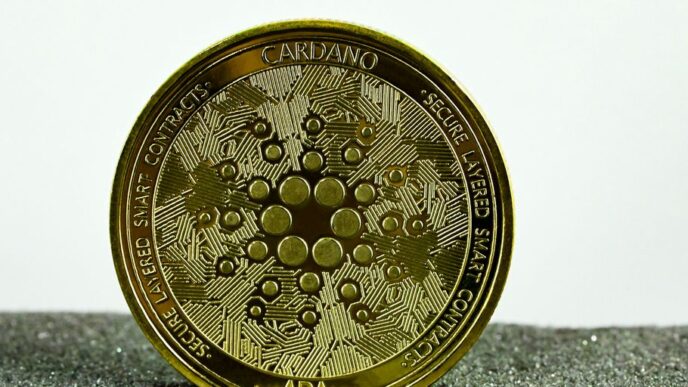Digital currency is an electronic currency, cash, or monetary unit that is primarily processed, stored, or traded online, usually over the internet. Different types of digital currency are virtual currency, digital cash, and central bank digital currency. Virtual currency, also known as Webmoney, has no real-world value and is generally traded only for online gambling, online shopping, or online banking. Digital cash, on the other hand, is a bearer instrument used in electronic transactions, such as credit card payments. Central bank digital currency is a recognized medium of exchange for the purpose of trading government and municipal obligations and securities, such as bonds, securities, equities, derivatives, and interest rate swaps.
There are several kinds of Digital Currencies. These include Private Digital Currency, Open Access Currency, pooled currencies, MetaTrader, Enterprise Currency, and Forex Money. Digital currencies are classified into three main categories: Digital Cash, Cryptocurrency, and Virtual Currencies. Private Digital Currency can be used to make purchases without using a credit card. Open Access Currency allows users to carry out monetary transfers via computers, phones, and servers without the need for a central bank account.
A cryptocurrency is a form of digital money that is not controlled by a specific government or political entity. This type of digital money is known as “decentralized money” and can be traded freely by individuals through peer-to-peer networks. It is a form of monetary payment that is mathematically based, not based on any central exchanges, like the US dollar, Euro, or Japanese Yen. Cryptocurrencies include Namecoin, Featherstone, PPC, Plexus, Dooney Bird, and Peerflix.

Virtual Currencies are issued by a software program. They are different from cryptosporms in the sense that they are not traded or sold by users but rather issued through a centralized company. This company will usually issue the digital currency to users at a preset rate. The value of a virtual currency is determined by its supply and demand. Digital currencies are used by service industries such as finance, telecommunication, and software outsourcing as well as by governments and central banks. Digital currency traders usually buy or sell a certain number of units that have equal value based on the supply and demand rates.
Private Digital Currency is not traded publicly but instead is given to specific private investors, banks, or other financial entities. These entities use digital currencies as a method of storing and managing their wealth. For instance, if you have money in your savings account but would like to invest some money in the stock market, you can convert the money to a stock or futures contract and then purchase or sell shares on the stock market. Financial transactions done this way are called “futures contracts”. A futures contract will make future payments based on the price of a particular stock or commodity at a future date.
There are many different types of digital currencies. The most popular include the US Dollar, the Euro, the British Pound, the Japanese Yen, and the Swiss Franc. These currencies are normally issued by central banks from their respective countries. Digital currencies are usually created to help individuals and institutions track the value of their portfolios. Digital currencies allow for more secure transactions and provide more flexibility when it comes to transferring money internationally or overseas. Many people are now starting to use these currencies as a means of storing their wealth and as a method of transaction worldwide.












